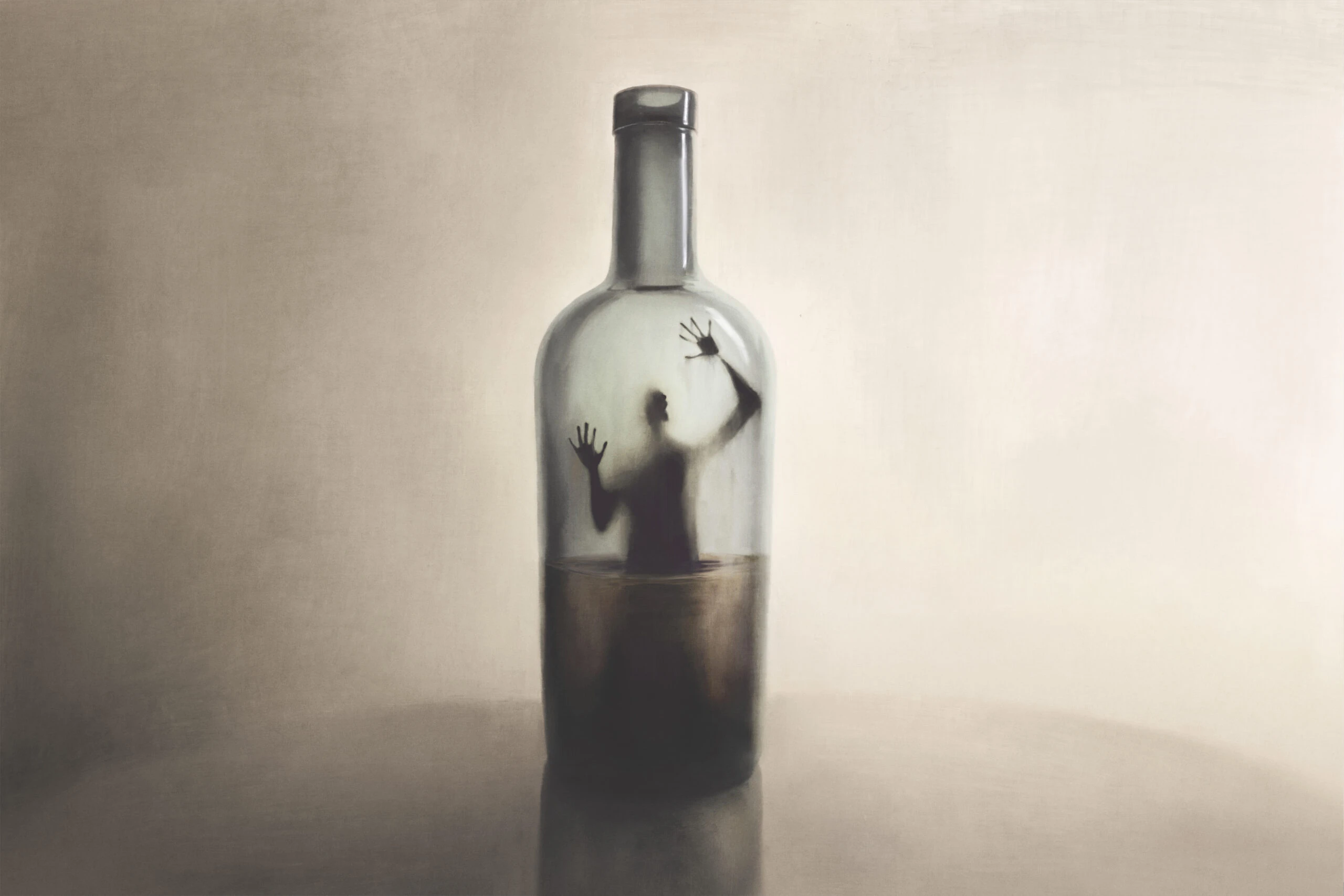Alcohol is one of the most commonly abused substances among people of nearly any age group. Parties, dinners, happy hours and celebrations often include alcohol consumption to some extent, whether it is a glass of wine or several beers.
While some drink to feel the effects, others are more aware of alcohol’s effects and pay attention to their limit and the length of time it takes to feel alcohol’s effects. These factors are important in preventing overconsumption and intoxication from occurring.
How long does it take to feel a buzz from alcohol?
The effects of alcohol depend greatly on each person, on the kind of alcohol consumed, etc. Most often, however, the blood alcohol concentration begins to increase almost immediately from when the first few sips are had – and the more alcohol is consumed, the higher the blood alcohol concentration levels (BAC) become.
It takes about ten minutes (and up to thirty) for the effects of alcohol to be felt. But this amount of time may be decreased or increased based on certain factors, including:
- The height, weight and age of a person
- Gender – the effects of alcohol on women tend to be felt sooner than the effects on men, as women tend to have higher body fat (which retains alcohol), have less body water to dilute alcohol and produce less of a particular enzyme in the liver which is crucial for the breakdown of alcohol in the body
- Whether or not the alcohol was consumed with food (food helps to slow down the rate at which alcohol is metabolized, minimizing the immediate effects)
- What you drink – carbonated drinks (champagne) and drinks with a 20 to 30 percent alcohol count will cause you to feel effects faster than those like beer which have a significantly lower alcohol percentage
- How quickly you drink impacts the rate at which your body absorbs the alcohol
- Whether or not you are taking medication – certain prescription medications and supplements will impact the rate of absorption: the faster your body absorbs the alcohol, the faster you’ll feel the effects
As alcohol moves through the lining of the stomach and into the small intestine, the effects are going to be felt based on the above criteria but likely will be experienced sooner than you expect.
How long does a buzz from alcohol last?
The length of time one may experience the effects of alcohol depends on many of the same factors which impact the length of time it takes for someone to feel alcohol’s effects. For example, someone who has been nursing a glass of wine with a heavy meal will likely feel fewer effects overall than someone who drinks a lot on an empty stomach.
These effects will last a lot longer, as the more alcohol is consumed, the longer it takes the body to metabolize it. For example, the body removes alcohol from the blood at a rate of 3.3 millimoles an hour. This means about three hours is how long it takes to metabolize a generous glass of wine, an hour for a small shot and two hours for a pint of beer.
What are the signs of intoxication?
As the BAC increases, certain signs of intoxication will begin to present themselves. These signs include:
- Slurred speech
- Unsteady gait/poor coordination
- Trouble with memory and concentration
- Slowed reaction time
- Decreased inhibitions and greater likelihood of risky behavior
- Difficulty breathing
- Coma
- Drowsiness
- Vomiting
The greater the level of intoxication, the greater the possibility that poor choices under the influence of alcohol will occur. Those under the influence are more likely to:
- Drive under the influence thereby increasing the risk of obtaining a DUI
- Engage in promiscuous behavior thereby increasing the risk of unprotected/unsafe sex
- Be at an increased risk for violent behavior and mood swings
- Commit homicide
- Be at a higher risk of suicide
While not everyone who consumes alcohol will engage in these behaviors, the risk is still present. Additionally, factors like family history, addiction history and pre-existing mental health or substance use disorders will directly impact whether or not one’s risk is greater.
Help for alcohol use disorder
If you have found yourself seeking the effects of alcohol or are struggling with any alcohol-related habits, like binge drinking or overconsumption, recovery is possible. To get in touch with a mental health counselor who can help you develop healthy habits and good coping mechanisms, contact Real Recovery today by calling 855-363-7325 or contact us online to learn more.





